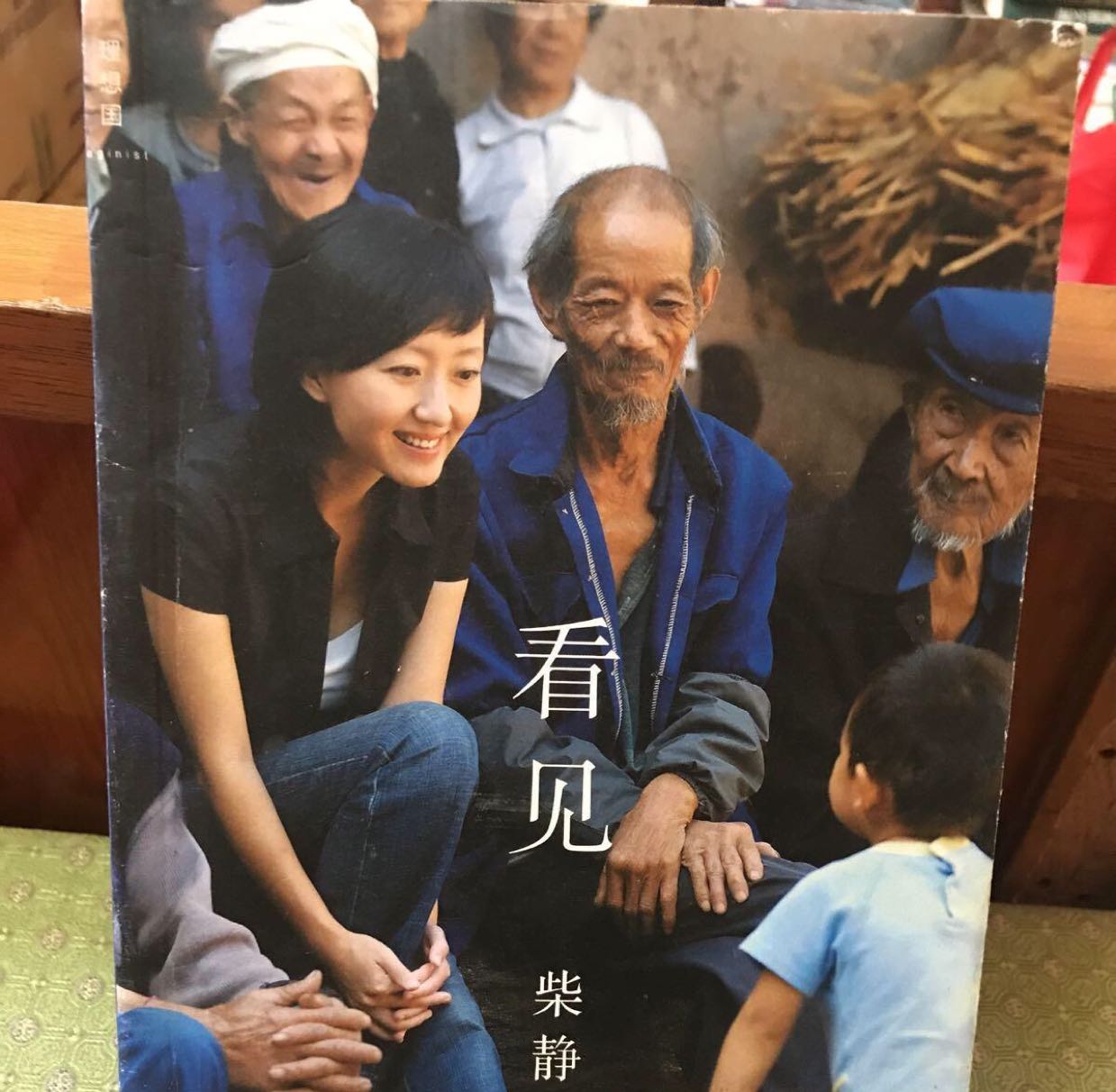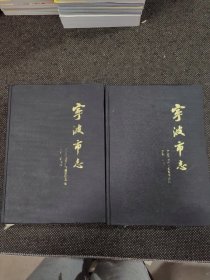
On Leadership
¥ 30 九品
仅1件
湖南常德
认证卖家担保交易快速发货售后保障
作者John W. Gardner
出版社Free Press
出版时间1993-03
装帧其他
货号B87
上书时间2023-09-23
- 在售商品 暂无
- 平均发货时间 7小时
- 好评率 暂无
- 最新上架
商品详情
- 品相描述:九品
图书标准信息
- 作者 John W. Gardner
- 出版社 Free Press
- 出版时间 1993-03
- ISBN 9780029113127
- 装帧 其他
- 开本 其他
- 纸张 其他
- 【内容简介】
- Leaders today are familiar with the demand that they come forward with a new vision. But it is not a matter of fabricating a new vision out of whole cloth. A vision relevant for us today will build on values deeply embedded in human history and in our own
- 【作者简介】
-
John W. Gardner attended Stanford University (A.B., 1935; M.A., 1936) and the University of California (Ph.D., 1938). He taught psychology at the University of California, Connecticut College and Mount Holyoke College. He was an officer in the U.S. Marine Corps in World War II.
He was president of the Carnegie Corporation and the Carnegie Foundation for the Advancement of Teaching (1955 - 1965); U.S. Secretary of Health, Education, and Welfare (1965 - 1968); chairman of the National Urban Coalition (1968 - 1970); founding chairman of Common Cause (l970 - l977); and a co-founder of Independent Sector (1980). Mr. Gardner served on President Kennedy's Task Force on Education and was chairman of President Kennedy's Commission on International Educational and Cultural Affairs. He was chairman of President Johnson's Task Force on Education, served on President Carter's Commission on an Agenda for the '80s, and chaired (1976 - 1980) the President's Commission on White House Fellowships. He served on President Reagan's Task Force on Private Sector Initiatives.
Mr. Gardner has been a director of a number of corporations, including Shell Oil Company, the New York Telephone Company, American Airlines and Time, Inc. Among other organizations he has served as a board member are Stanford University and the Scientific Advisory Board of the Air Force.
Mr. Gardner was the editor of President John F. Kennedy's book To Turn the Tide and the author of Excellence, Self-Renewal, No Easy Victories, The Recovery of Confidence, In Common Cause and Morale. He is the coeditor, with Francesca Gardner Reese, of Quotations of Wit and Wisdom.
In 1964 Mr. Gardner was awarded the Presidential Medal of Freedom, the highest civil honor in the United States. Among other awards he has received are the U.S. Air Force Exceptional Service Award, and the Distinguished Achievement Medal of the Stanford Athletic Board. - 【目录】
-
Preface to the Paperback Edition
Acknowledgments
Introduction
1. The Nature of Leadership
2. The Tasks of Leadership
3. The Heart of the Matter: Leader-Constituent Interaction
4. Contexts
5. Attributes
6. Power
7. The Moral Dimension
8. Large-Scale Organized Systems
9. Fragmentation and the Common Good
10. The Knitting Together
11. Community
12. Renewing
13. Sharing Leadership Tasks
14. Leadership Development: The Early Years
15. Leadership Development: Lifelong Growth
16. Motivating
17. The Release of Human Possibilities
Notes
Index
点击展开
点击收起
— 没有更多了 —


















以下为对购买帮助不大的评价